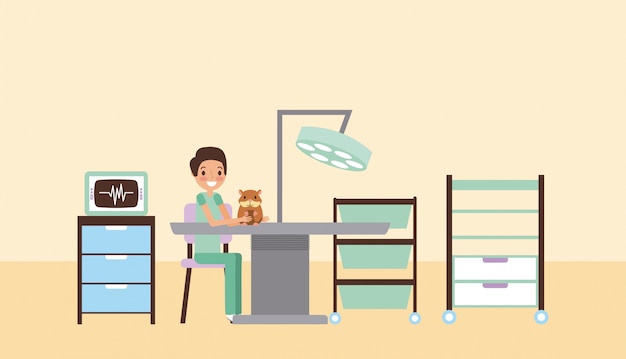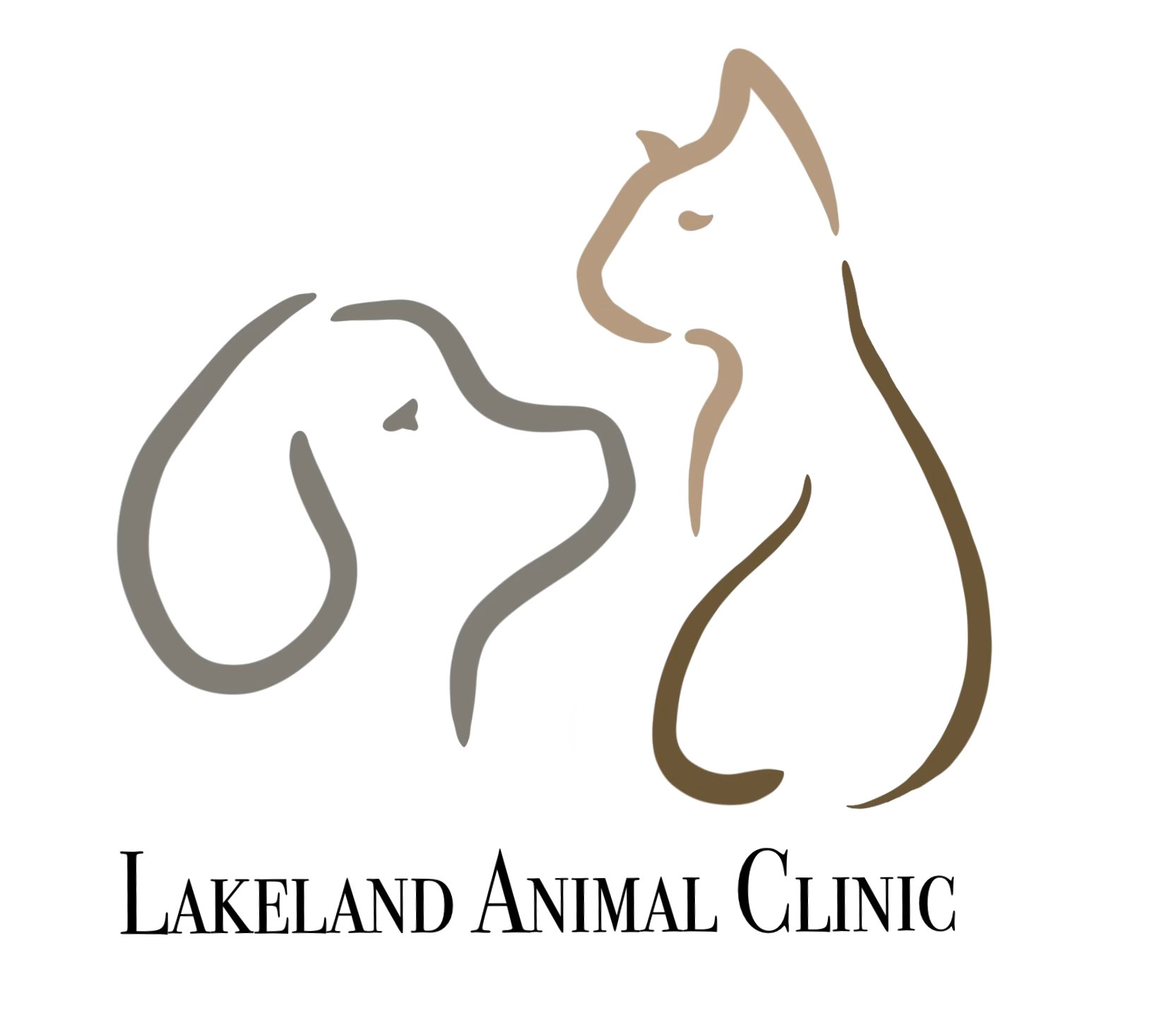What to Expect During Your Pet’s Soft Tissue Surgery


What to Expect During Your Pet’s Soft Tissue Surgery
When your beloved companion needs surgery, it is normal to feel anxious and to have many questions about what lies ahead. At Lakeland Animal Clinic and Urgent Care, located at 20690 Lakeland Blvd, Euclid, OH 44119, our veterinary professionals work closely with families to ensure every pet receives gentle, comprehensive care throughout every stage of soft tissue surgery. Whether your pet requires a simple procedure or a more complex operation, understanding what to expect can help you feel prepared and confident about your pet’s health journey.
This blog will guide you through the entire process of soft tissue surgery for pets, from recognizing when surgery might be necessary to the recovery period and ongoing support. We will highlight common soft tissue procedures such as hernia repairs, bladder surgeries, and mass removals, and provide insight into our advanced technology and compassionate approach. You will also discover helpful pet surgery recovery tips, so you know how best to care for your furry friend at home. For pet owners in Euclid and surrounding communities, finding a trusted vet near me for these services is essential for your pet’s wellbeing. If you are considering soft tissue surgery in Euclid or have questions about any aspect of the process, our team invites you to schedule an appointment and experience our family-focused care.
Recognizing When Your Pet Might Need Soft Tissue Surgery
It can be challenging to know when your pet’s symptoms indicate the need for surgical intervention. Soft tissue surgery for pets covers a wide spectrum of procedures, addressing issues from injuries and growths to internal organ problems. Some of the most common signs that may lead to a recommendation for surgery include sudden swelling, persistent lumps or bumps, difficulty urinating, unexplained pain, wounds that will not heal, or changes in appetite and behavior. Additionally, chronic infections, recurring ear problems, or visible hernias may also require surgical care.
Pets are often masters at hiding discomfort, so subtle changes can be easy to miss. For example, a dog with a bladder stone might begin having accidents in the house or strain to urinate, while a cat with a hernia could display hesitancy to jump or play. If you notice any abnormal symptoms or changes in your pet’s routine, it is important to reach out for a professional evaluation. Early detection and intervention can mean less invasive treatment and a faster recovery for your companion.
Understanding the Causes and Types of Soft Tissue Conditions
Soft tissue conditions in pets arise from a variety of causes. Congenital issues, such as hernias present at birth, may require surgical correction to prevent complications as your pet grows. Traumatic injuries, including cuts or bites, might need repair to prevent infection and promote healing. Other conditions, like bladder stones or pyometra (a life-threatening uterine infection in female dogs and cats), develop over time and can pose significant health risks if left untreated.
Environmental factors, breed predispositions, and age also contribute to the likelihood of developing soft tissue problems. For instance, some dog breeds are more prone to developing masses or skin tumors, while others may have a higher risk for certain urinary issues. Senior pets, in particular, may develop lumps or internal growths that need to be evaluated for possible removal. For pet owners searching for "soft tissue surgery vet near me" or "veterinary surgery in Euclid," understanding the underlying cause of your pet’s condition is a crucial first step in their treatment plan.
What Happens During Soft Tissue Surgery at Lakeland Animal Clinic and Urgent Care
When your pet is scheduled for surgery at Lakeland Animal Clinic and Urgent Care, you can expect a thoughtful, step-by-step process designed to maximize safety and comfort. Our veterinary team begins with a thorough pre-surgical assessment, which may include blood work, diagnostic imaging, and a physical exam to ensure your pet is an appropriate candidate for anesthesia. This evaluation helps us tailor anesthesia and pain management protocols to your pet’s unique needs.
On the day of surgery, your companion will receive attentive monitoring from our veterinary professionals, who use advanced technology such as digital radiology and thermal imaging to support the procedure. Surgeries such as hernia repairs, bladder stone removal, mass excision, and more complex internal operations may be performed. For example, if your pet is diagnosed with a hernia, our team will discuss the specific approach and anticipated outcomes, drawing on our experience with hernia surgery services for pets. In cases where your pet has been diagnosed with pyometra, our veterinarians will walk you through the urgent need for pet pyometra surgery services and the recovery steps that follow.
Throughout the operation, our team prioritizes pain control, infection prevention, and gentle handling. After the procedure, your pet will be monitored during recovery and provided with detailed home care instructions to ensure a smooth transition. For families looking for soft tissue surgery in Euclid or nearby, our approach emphasizes communication and a personalized plan for every patient.
Advanced Technology and a Compassionate Touch
The use of modern surgical equipment, including laser therapy and diagnostic imaging, allows us to minimize surgical trauma and support quicker healing. Our approach to pet surgery recovery tips includes pain management protocols, wound care advice, and ongoing check-ins to monitor your pet’s progress. We understand that every pet is unique, and your questions are always welcome at every stage.
Caring for Your Pet Before and After Surgery: Prevention and Home Recovery Tips
Preparing your pet for surgery starts with following your veterinarian’s instructions closely. This may involve fasting your pet before the procedure, providing a calm environment, and discussing any medications or supplements. After soft tissue surgery, your role in your pet’s recovery is essential. Key pet surgery recovery tips include keeping your pet’s incision site clean and dry, watching for swelling or discharge, preventing licking or chewing at stitches, and limiting activity as recommended by your veterinarian.
It is also important to administer prescribed medications exactly as directed and attend all follow-up appointments. For some surgeries, such as bladder surgery, you may need to monitor your pet’s urination patterns and encourage water intake. In the case of mass removals or internal procedures, your pet may require a period of rest in a quiet space away from other animals or young children. For more guidance about specific procedures, such as bladder surgery (cystotomy) services for pets, our team provides individualized instructions based on your pet’s needs.
Proactive care can also help prevent some soft tissue issues. Keeping your pet at a healthy weight, providing regular veterinary check-ups, and monitoring for new lumps or behavioral changes can reduce the risk of surgical conditions developing unnoticed. For pet owners seeking veterinary surgery in Euclid or pet surgery recovery tips near me, our focus is always on empowering you with knowledge and support.
When to Contact Your Veterinarian: Recognizing Urgent Needs
Knowing when to seek professional veterinary care can make a significant difference in your pet’s outcome. After surgery, you should contact your veterinarian if your pet experiences persistent vomiting, diarrhea, difficulty breathing, severe pain, sudden swelling, or if the surgical site appears red, hot, or has a foul odor. Other warning signs include loss of appetite lasting more than 24 hours, excessive lethargy, or signs of distress.
Before surgery, any sudden change in your pet’s behavior, appearance of new lumps, or difficulty with basic functions such as eating, drinking, urinating, or defecating should prompt a visit to your veterinary team. At Lakeland Animal Clinic and Urgent Care, we recommend scheduling an appointment as soon as you notice concerning symptoms, especially if your pet has a chronic health condition or is a senior. Our commitment to providing comprehensive pet surgery in Euclid and surrounding communities means your pet will receive attentive care at every stage.
If you are unsure whether your pet’s symptoms warrant urgent attention, it is always safest to reach out. Prompt communication can help prevent complications and reassure you during your pet’s recovery.
Experience Compassionate Soft Tissue Surgery Care in Euclid
At Lakeland Animal Clinic and Urgent Care, we are dedicated to making the surgical experience as comfortable as possible for both you and your pet. Our family-focused approach, advanced technology, and ongoing support ensure that your companion receives the highest quality care from initial diagnosis through recovery. Whether your pet requires a routine lump removal or a more complex procedure, you can trust our veterinarians to provide skilled and compassionate service.
If you are searching for a "vet near me" or "soft tissue surgery vet near me," our team welcomes you to schedule a consultation and discover the difference our personalized care can make. We proudly serve Euclid and surrounding communities, and our goal is to help your pet return to a happy, healthy life as quickly as possible. For more information about our soft tissue surgery for pets at Lakeland Animal Clinic and Urgent Care or to learn about our full range of surgical services, our veterinary professionals are here to answer your questions.
Ready to take the next step? Call us at (216) 731-5536 or visit our convenient Euclid location to schedule an appointment. Your pet’s health, comfort, and happiness are our highest priorities, and we look forward to supporting you with every aspect of soft tissue surgery in Euclid. For additional resources on surgical procedures and recovery, you can also explore internal surgery options for pets on our website.
Disclaimer: This blog is intended for informational purposes only and should not be used as a substitute for professional veterinary advice. If you have concerns about your pet’s health or recovery, please consult your veterinarian promptly.



















